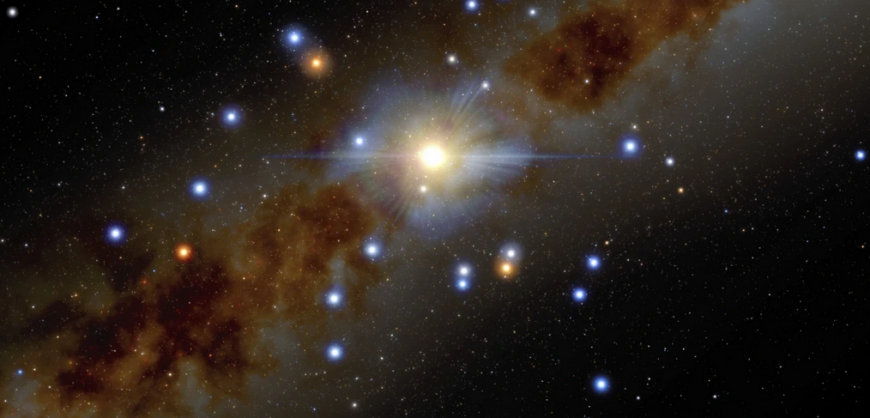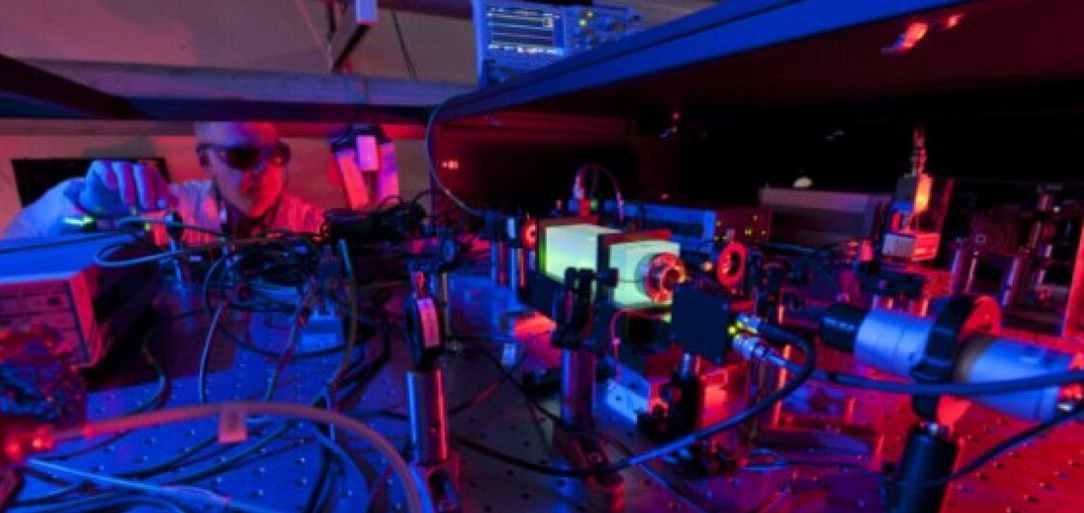Everything in the universe has gravity – and feels it too. Yet this most common of all fundamental forces is also the one that presents the biggest challenges to physicists. Albert Einstein’s theory of general relativity has been remarkably successful in describing the gravity of stars and planets, but it doesn’t seem to apply perfectly on all scales.
General relativity has passed many years of observational tests, from Eddington’s measurement of the deflection of starlight by the Sun in 1919 to the recent detection of gravitational waves. However, gaps in our understanding start to appear when we try to apply it to extremely small distances, where the laws of quantum mechanics operate, or when we try to describe the entire universe.
Our new study, published in Nature Astronomy, has now tested Einstein’s theory on the largest of scales. We believe our approach may one day help resolve some of the biggest mysteries in cosmology, and the results hint that the theory of general relativity may need to be tweaked on this scale.
Amorgos: Immerse Yourself in an Authentic Cycladic Experience
Read more: The Conversation





































